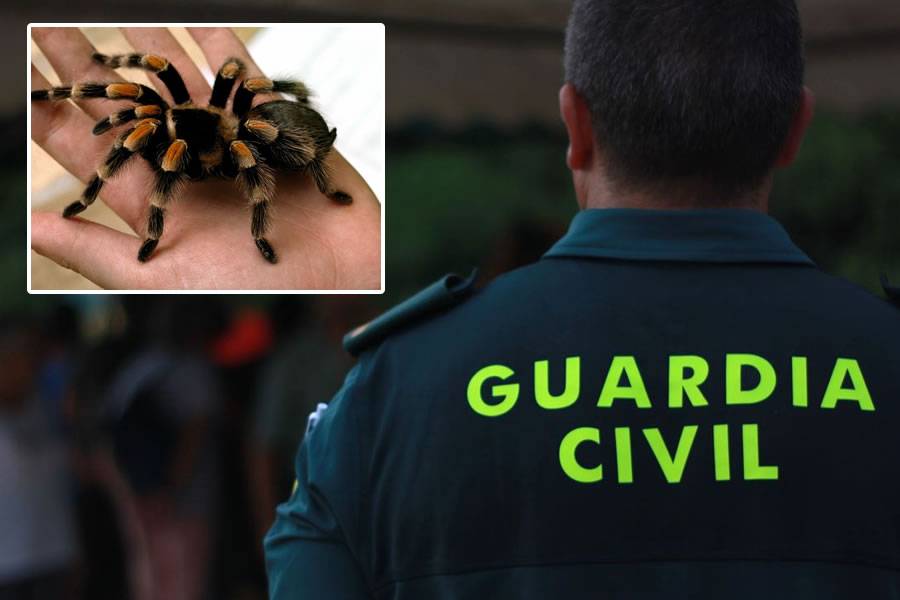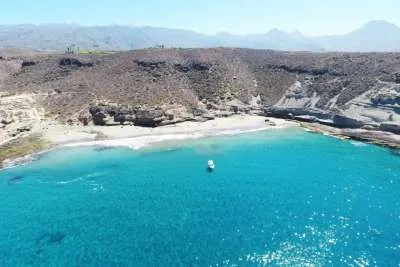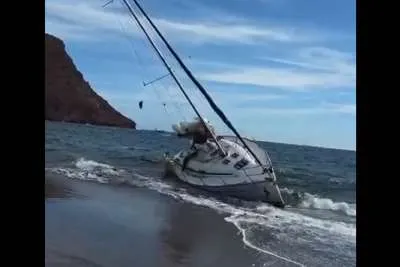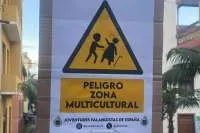Five arrested for animal cruelty and illegal wildlife trade in Tenerife and Gran Canaria
- 02-04-2025
- National
- Guardia Civil
- Photo Credit: CW
The Guardia Civil has arrested five people accused of animal cruelty and trafficking dozens of exotic and protected species of animals across Tenerife and Gran Canaria, many of which were being sold via social media platforms.
The suspects, all members of the same family, were tracked by environmental officers from Seprona, the Guardia Civil’s Nature Protection Service, after a, investigation that followed their movements for several months between Tamaimo and Icod de los Vinos in Tenerife.
Their activities involved the illicit trade of species protected under the Convention on International Trade in Endangered Species of Wild Fauna and Flora (CITES), a global treaty designed to ensure that the trade of wild animals and plants does not endanger their survival.
During the operation, agents intercepted a vehicle in Tenerife carrying 33 exotic animals, including reptiles, amphibians, and arthropods, being transported without any legal documentation. Among the confiscated animals were a red-footed tortoise and three sand boas, both protected by CITES, as well as five tarantulas and two scorpions, species considered too dangerous for private ownership under Spanish law.
The investigation then led agents to the town of Vecindario in Gran Canaria, where a further 22 animals were discovered. These included six giant lizards, an endemic and highly protected species, alongside a royal python and three thick-tailed geckos. All of these are strictly monitored to ensure their conservation in the wild.
Officers also seized two corn snakes, four sugar gliders, and a Florida turtle, all classified as invasive species. Their release into the wild could pose a serious ecological threat, particularly in the delicate and self-contained environments of the Canary Islands.
In a further twist, a postal package addressed to one of the suspects was intercepted, revealing yet more illegal wildlife specimens.
The five detainees now face multiple charges, including crimes against wildlife, animal cruelty, illegal possession of protected species, and violations of biodiversity and smuggling laws. Their actions breached both national legislation and international agreements designed to safeguard animal welfare and protect ecosystems.
Thanks to the coordinated efforts of the Guardia Civil, the trafficking ring has been dismantled. The animals, many of which were found in poor condition, have been relocated to the Neotrópico Foundation in Santa Cruz (Tenerife) and the Wildlife Recovery Centre in Tafira (Gran Canaria), where they are receiving care and evaluation as legal proceedings continue.
Other articles that may interest you...
Trending
Most Read Articles
Featured Videos
TributoFest: Michael Buble promo 14.02.2026
- 30-01-2026
TEAs 2025 Highlights
- 17-11-2025



























































